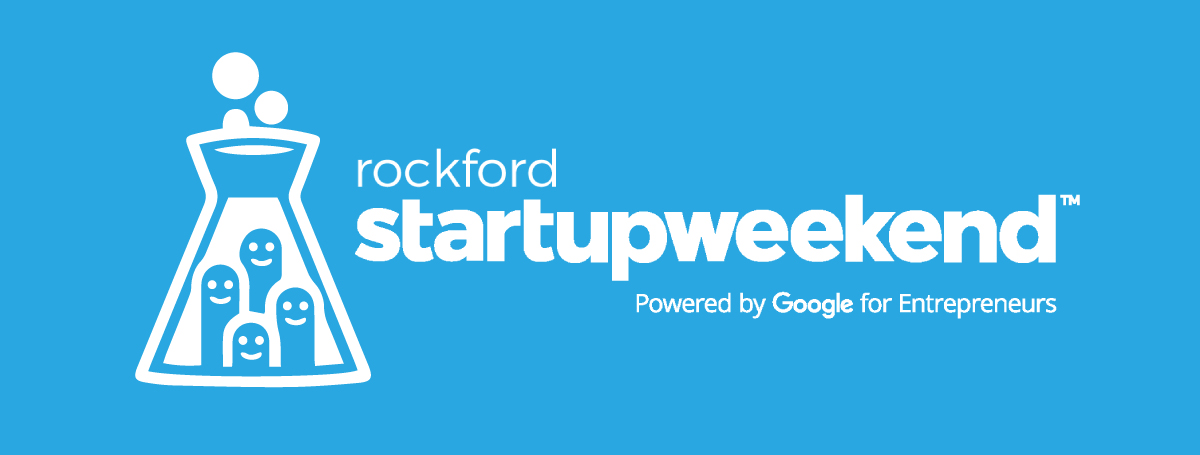 Poopsie’s, a really fun and innovative retail store in Galena, Illinois, raised more than $550 this year for a group helping low-income families through a promotion around the book What Do You Do With An Idea?
Poopsie’s, a really fun and innovative retail store in Galena, Illinois, raised more than $550 this year for a group helping low-income families through a promotion around the book What Do You Do With An Idea?
That’s a 2014 children’s book by Kobi Yamada that discusses confidence and creativity. A boy in the story comes up with an idea, which appears as a golden-crowned egg with legs. The idea scares him a little. He doesn’t know what to do with it. He tries to deny its existence.
But the idea won’t go away. It follows him around. It grows and gets bigger. After a while, the boy starts getting comfortable with the idea and begins sharing it with others. Some laugh at the funny-looking egg. Still, he begins to love the idea and can’t let it go. The egg continues to grow until it breaks free, changing his drab, gray world into one filled with color.
The world is full of “idea people.” How many conversations have you had with someone who talked about an idea they had that they did not act on, only to see someone else run with it?
Entpreneur.com published a story in 2015 identifying “8 Groups of People” who will never start a business:
- People who enjoy the dreaming but not the implementation.
- People unwilling to acquire business-implementation skills.
- People who have an irrational fear of failure or embarrassment.
- People who have an equally irrational fear of dealing with success.
- People who insist on perfectionism, rather than pragmatism.
- People unable to maintain their focus and resist distractions.
- People who substitute excuses for accountability and responsibility.
- People who are not self-starters, leaders or decision-makers.
If you’ve had a business idea and want to move from that sad “idea people” camp to actual entrepreneur, you should try a Startup Weekend. These are put on around the United States at various points of the year; people with business concepts team up with graphic designers and people with coding or web-development skills to launch a company from scratch over 54 hours.
At a typical Startup Weekend, the group gets together on Friday night for the idea pitches. You have a minute to sell the participants on your concept. When all ideas have been pitched, the group votes on the most compelling ones. The people who pitched the winning ideas then recruit participants to their teams. A good Startup Weekend will have enough designers and developers so every team can flesh out how their business will work and how they will market it.
Saturday is spent working with mentors on the business concept. What’s the potential market? Who are the major players in that market? What problem will your business solve? How will your business differentiate itself?
Sunday, the teams meet again to perfect a three-minute investor pitch. The weekend ends with each team trying to sell an independent panel of judges on their business.
The winner is entered into a regional competition. The top three receive a variety of business services, from free graphic design and legal help to office space at a business incubator.
The vast majority of times, the ideas die on Monday morning. Startup Weekends draw students and professionals at various points in their careers. Most of the time, you go about your lives. Occasionally, though, your idea is a home run. There is a long list of multimillion-dollar companies that were launched at Startup Weekends, including LaunchRock, Rover, TripLingo and Zaarly.
Sometimes the idea dies but your new connections turn into something bigger. Giant Thinkwell and Planely.com were started by entrepreneurs who met at Startup Weekends.
Thinker Ventures is hosting Rockford’s third Startup Weekend on Sept. 7-9. If you’ve ever dreamed of being your own boss, you should sign up just to see what the process is to take a concept and turn it into a business plan. After all, the journey of a thousand miles begins with a single step. Are you ready to take it?


